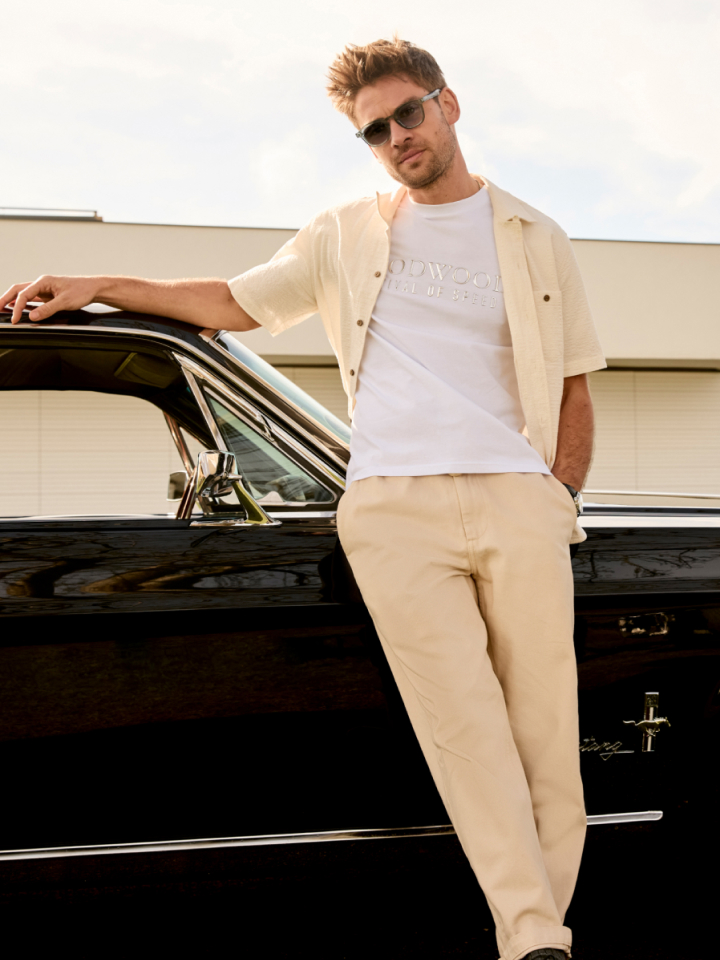Cyril Abiteboul: “2021 should not be an excuse for a poor 2020”
The numbers do not make good reading for Renault. After four years in Formula 1, following the car manufacturer's return as a constructor in 2016, the 83 grands prix during that period have yielded no wins, no podiums, and the grand total of just 278 points.

To put that in context, over those four years, Renault has scored just 37.6 per cent of the total number of points accrued by Mercedes last season alone. When you add in the hundreds of millions of pounds spent by Renault on its F1 programme during that period, it is fair to say there has not been much of a return on investment.
Since Renault stepped in to buy the near-destitute Lotus team in 2015, that investment has included upgrades in the factory, in new facilities, and a turnover in personnel, as well as the hiring of one of F1's star drivers in Daniel Ricciardo. But the wait goes on for Renault to finally see a driver, not just on the top step of the podium, but simply the podium itself.
What has so far been achieved is far removed from the statement made by former CEO Carlos Ghosn at the unveiling of the team's 2016 challenger when he suggested Renault would be pushing for wins after three years and titles by five.

Team principal Cyril Abiteboul recognises now that the words of Ghosn, who has long departed the scene in light of his financial misdemeanours, were too bold.
“The general message given at the time was that Renault was not returning to Formula 1 to make up the numbers, and that's still the case, with the way we project ourselves,” remarked Abiteboul.
“We would never have invested, the way we have done in people, facilities, equipment and technology if we were only here to be part of the midfield.
“Everything we've done has been in the direction of saying this statement was the right statement. It was a vision, a direction in which we wanted to go.
“But yes, people don't forget, and you immediately create discomfort within the group, the team, of me as a team principal, towards those words.
“In fairness, for transparency, sticking up a clear road map of that vision was maybe not the thing to do.
“To come into this sport, that remains the pinnacle of motorsport when you've been out of the competition for a period of time and you are up against teams that have grown up to become amazing rivals that are Red Bull or Mercedes, there should have been more humility. What was said was a bit over-ambitious.
“When you commit to a programme like this, you also need to be aspirational about the target.”

Abiteboul, who is naturally the man in the firing line, jokingly concedes to possessing “more grey hair” now than when he embarked four years ago on what has been a journey fraught with difficulties.
“In retrospect, we underestimated the gap at that time between Lotus, that we bought, and the top teams, but also the pace needed to keep on investing in facilities,” said Abiteboul.
“So when we came back in 2016, we targeted to be where we are now, at the level of a top team, in terms of facilities and resources.
“But over the last four years, to keep on investing, we've had to keep pace with inflation at seven per cent per year. You multiply that by four years, that's what we've had to do to keep on catching up.”
Abiteboul concedes that the £175m budget cap per annum per team that is due to come into force from next season “will be a relief” as a handbrake, of sorts, will be applied to the spending of all teams, in particular, those at the front end.

In the meantime, Renault is making hay while they have the opportunity and are throwing considerable resources at their 2021 programme in the hope it will reap dividends and they will finally be in the hunt for race wins and titles, alongside Mercedes, Ferrari and Red Bull.
At the end of last season, Abiteboul remarked at the time that no team was “as advanced as we are on 2021, simply because we have decided to allocate lots of resources to it”.
But what does that mean for the coming season? The team made a backward step in 2019, slipping to fifth in the constructors' standings after finishing fourth in 2018.
Abiteboul claims the hiring of Ricciardo, who he hails as “a great driver”, exposed “intrinsic weaknesses” with the car that were only corrected late last season, while there was a restructuring of the aerodynamics department, and the hiring of Pat Fry to enhance the technical side.
Abiteboul is anticipating a knock-on effect for this year, despite the apparent focus towards next season.
“2021 should not be an excuse for having a poor season in 2020,” insisted Abiteboul. “I expect that we have a better season and we are able to deliver on the changes and improvements we've made.”
Images courtesy of Motorsport Images.
Formula 1
Cyril Abiteboul
Daniel Ricciardo
Renault
F1 2020
F1 2021































































